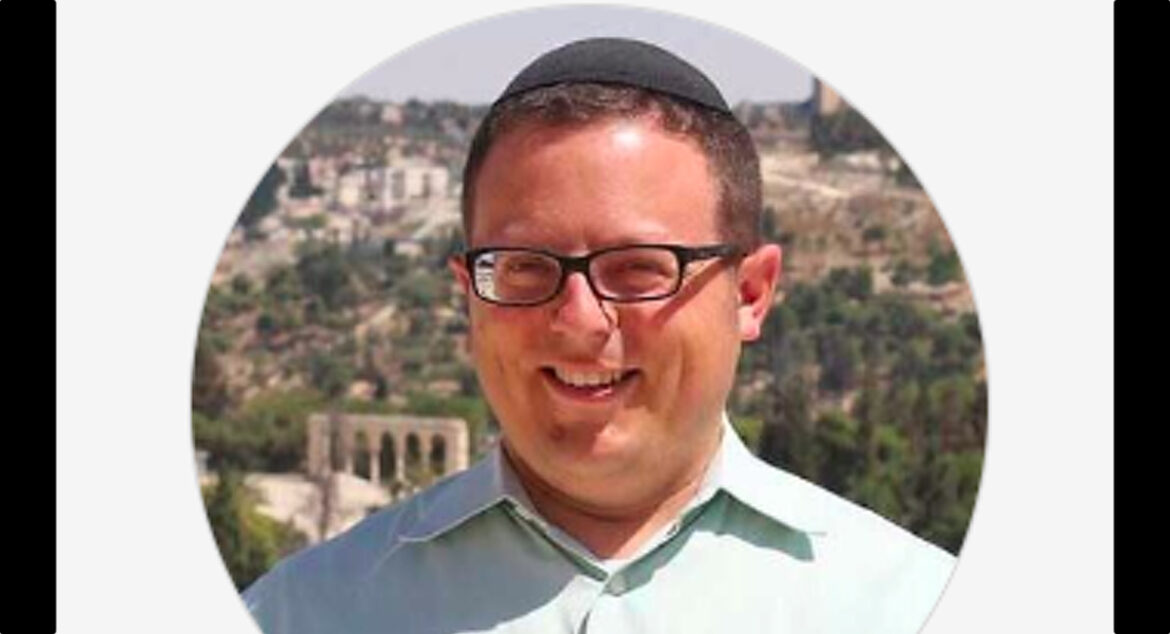The Land of Israel is most sacred to the people who live in it.
(JNS) Zionists have spent the past 150 years spreading the message to Jews and non-Jews that the Land of Israel is the Jewish people’s historic homeland. But to Jews, Eretz Yisrael is also more than this. It is a sacred place. That is why early Zionists rejected the idea of founding a Jewish state in Argentina, Madagascar or Uganda.
Most people don’t think of the places in their lives as sacred. If asked where the most sacred place of their life is located, would it be their place in the synagogue, their chair at the dining room table or maybe their side of the bed?
For Torah students, the most sacred places in their lives are their spots in the beit midrash. For those unfamiliar with a yeshiva, it is full of tables organized neatly in rows. There are generally two people per table and they sit side-by-side. Each student is given half a table where they can line up their books. A serious student will often spend 10 to 12 hours a day in this spot.
In a dramatic speech given on the first Friday night after the Six-Day War, Rav Chaim Shmuelevitz, head of the famed Mir Yeshiva in Jerusalem, addressed his students before they danced together to the Western Wall for the first time in 19 years. He abjured them to always remember that their place in the study hall was more sacred than even the newly opened plaza in front of the Wall. While there is novelty in the first trip to the Kotel, the hours upon hours at one’s place in the study hall are far more valuable.
As the horrific images of the recent terror attacks and riots assaulted our senses, one picture making the rounds struck me personally. I studied in a yeshiva and kollel beit midrash for eight years. I had a place in the front of the study hall where I studied for hours each day. The image that hit me was of the table where Hillel Yaniv, 22, one of the brothers killed in a Palestinian terror attack last week, sat in the beit midrash of his yeshiva in Kiryat Shemona. Hillel’s place at the table was exceptionally neat, with pens, paper, his tefillin, a coffee mug and the volume of Talmud he was studying. The yeshiva had placed a memorial candle in the middle of the desk, its flame standing straight up.
There were images flashing across television, computer and cell phone screens all night. Each image was more horrific than the one before it. There were images of emergency vehicles trying to save Hillel and his brother Yagel, Palestinians celebrating their murders, and attacks and riots in Huwara. It seemed for days that there was no escape from the terror in Israel. It touched everyone, Israeli and Palestinian alike. Throughout the entire land there was not a house unaffected.
Israel is different from most countries in the world. In one nation, two peoples fight over one land. The fight often turns deadly, with residents of neighboring towns attacking each other. One side sometimes rejoices at the tragedy of the other and the other side does the same. It is rare that both sides find themselves mourning on the same night. It is even more rare when both sides find themselves fearing the unknown future they will wake up to the next day.
The Land of Israel is sacred to many people throughout the world. It is most sacred to the people who live in it. This is the land of their dreams, where they fantasize about a peaceful future. These people work, play and most importantly, study in the land.
Outsiders, and many insiders, spent the recent tragic days focused on the horrors they brought. Fingers were pointed, defenses were built and criticism was spread far and wide. I couldn’t spend my time focused on handwringing, denouncing and disowning the people involved. I was too worried about the shattered dreams and the defiling of the sacred places throughout the land.
The most sacred places, the head of the dining table, the homes of families and the study hall, have been left empty and broken. The defiling of these places has created a trauma spread throughout the land. While the Land of Israel has suffered some of history’s greatest tragedies, these seem especially heartbreaking.


